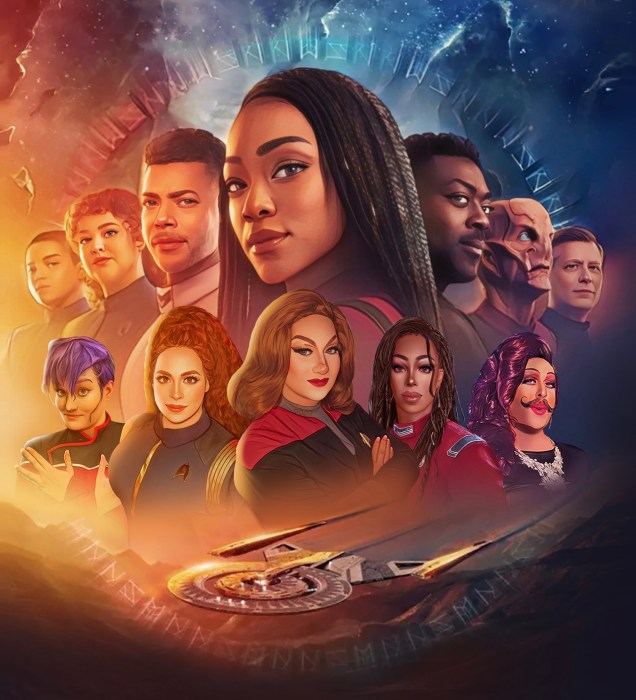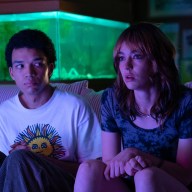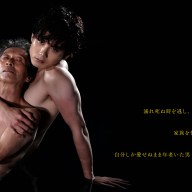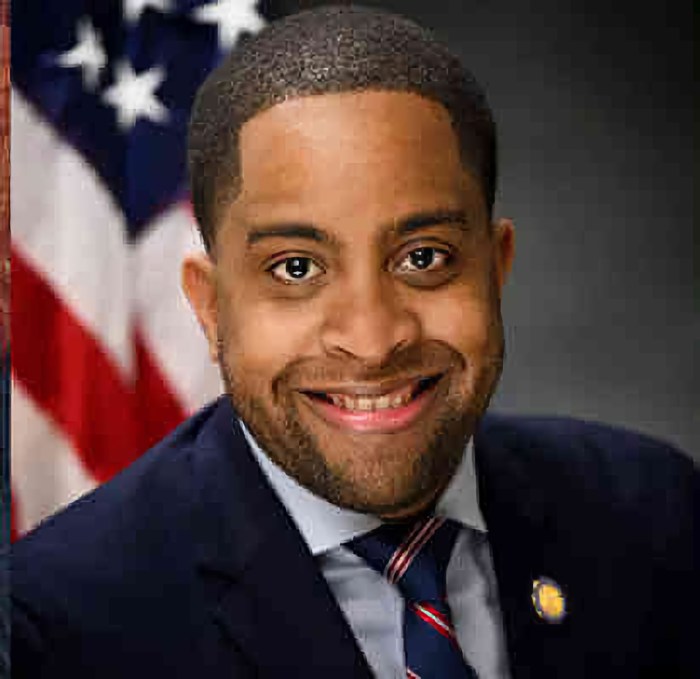Lambda Legal’s challenge to the refusal of West Virginia to provide insurance coverage for gender affirmation surgery under its Medicaid program and its health insurance program for state employees and their spouses and dependents took a step forward on May 19 when US District Judge Robert C. Chambers denied motions to dismiss by several of the defendants.
Most significantly, in ruling on the employee health plan case, Chambers rejected the state’s argument that Lambda’s Equal Protection Claim under the 14th Amendment was not viable. He also ruled that the defendants did not enjoy immunity from liability under the 11th Amendment, and he rejected the argument that the plaintiffs in the case could not challenge the exclusion of coverage because they had not specifically applied for coverage for the surgical procedure. He also refused to dismiss the plaintiffs’ request to certify a class action, finding that the plaintiffs’ allegations are consistent with the standards governing class action litigation in the federal courts.
Christopher Fain, a transgender man, is a participant in West Virginia’s Medicaid program through a managed care organization, UniCare. UniCare’s written plan excludes coverage for “sex transformation procedures and hormone therapy for sex transformation procedures.” Fain’s pharmacist told him that his hormone prescription would not be covered due to this exclusion. After this lawsuit was filed, the Medicaid defendants submitted an affidavit to the court stating that the program “does not have a policy of denying testosterone for treatment of gender dysphoria.” On that basis, Fain agreed to drop his claim for denial of hormone therapy coverage from the lawsuit. He hopes to have gender confirmation surgery, but has not applied because of the plan’s explicit exclusion, and the defendants have not indicated any softening of their position as to that.
Brian McNemar, a state employee, is concerned that his husband, a transgender man named Zachary Martell, will not be covered for hormone therapy or gender confirmation surgery due to a similar explicit exclusion under the health plan for state employees. Unlike the Medicaid defendants, the health plan did not offer to cover Martell’s hormone therapy or future confirmation surgery in response to the case being filed.
Under the 11th Amendment of the Constitution, states enjoy sovereign immunity from being sued by their own citizens in federal court unless the state agrees to waive immunity. The Medicaid defendants argued that they enjoy 11th Amendment immunity in this case. Rejecting that claim, Judge Chambers found that by participating in the Medicaid program, West Virginia has waived its immunity and agreed to be sued for violations arising from its operation of the program. The suit against the state Medicaid program relies on the Equal Protection Clause, the nondiscrimination clause in the Affordable Care Act, and the Medicaid Act’s coverage requirements. Fain’s case seeks declaratory and injunctive relief on behalf of a potential class of all transgender Medicaid recipients in West Virginia, as well as compensatory damages under the Affordable Care Act for himself for having to bear the expenses of his hormone therapy which should have been covered by the program.
McNemar and Martell’s suit on behalf of a proposed class of state employees and plan participants is based solely on the Equal Protection Clause. The essence of the Equal Protection claim is that transgender individuals are denied coverage for medications and procedures that are available to cisgender individuals who have a medical need for hormone therapy or for similar surgical procedures being performed for different purposes. For example, a transgender man will not be covered for a mastectomy for purposes of gender confirmation but a cisgender woman will be covered for a mastectomy as part of treatment for breast cancer. Similarly, a man who is suffering a hormone deficiency can get testosterone treatment, but a transgender man who needs testosterone for gender confirmation purposes is denied.
The defendants moved to dismiss the Equal Protection claim, arguing that the exclusionary policy would survive “heightened scrutiny,” which requires the government to show that the challenged policy substantially advances important government interests. The interests that they advanced are (1) “guaranteeing the health and safety of the enrollees,” (2) “maintaining the medical standards of physicians and other entities that accept the insurance of enrollees,” and (3) “saving taxpayer dollars from use for procedures that are not medically necessary, or FDA approved.” Judge Chambers pointed out that these are all fact-based arguments that conflict with facts that the plaintiffs alleged in their complaint, and thus they cannot be decided on a motion to dismiss, which can only be granted if the facts alleged by the plaintiffs are not sufficient to raise a plausible legal claim. Courts are not supposed to grant motions to dismiss lawsuits that require the determination of contest material facts, which require presentation of evidence to a fact-finder, either judge or jury, in a trial proceeding.
Judge Chambers politely refrained from pointing out, for example, that there is a large and growing body of administrative and judicial opinions accepting that gender confirmation procedures, including hormone treatment and surgery, can be medically necessary care. Furthermore, and as will become relevant when this case has to be decided on the merits, several other federal courts have ruled in favor of plaintiffs suing other states’ Medicaid programs for failing to cover gender confirmation procedures, and years ago the federal Tax Court ruled that gender confirmation expenses may be deducted from federal income tax because they are “medically necessary procedures.”
Neither Fain nor Martell has actually tried to obtain authorization from their insurers for gender confirmation surgery yet, so the defendants argued that they did not have standing to sue for a declaration that the exclusionary policy is illegal because they had not suffered a concrete injury. Judge Chambers accepted the plaintiffs’ argument that they are not required to apply for coverage when the policy expressly excludes it, since that would be a futile gesture. “Assuming that the plaintiffs’ allegations are true, as the Court must at the pleading stage,” he wrote, West Virginia “enacted a clear policy that excludes gender-confirming surgical care with no exceptions. In doing so,” the Medicaid program “caused a concrete injury to Plaintiff Fain by constructing an allegedly discriminatory barrier between him and health insurance coverage. This barrier constitutes a concrete, non-speculative injury. Given this injury, Fain has standing to sue, and his claims challenging the policy are ripe for review.”
The defendants argued that if Fain applied, it was possible that they would grant his request, just as they had agreed to cover his hormone therapy in response to his filing this lawsuit, but Chambers saw that as a convenient dodge to avoid an adverse court ruling. He wrote that even if the Medicaid program “is earnest in assertion that Fain’s surgical request may be granted, dismissing the suit on that ground would allow defendants to dodge liability by granting litigants’ requests, all while maintaining an allegedly discriminatory policy and practice for anyone who does not file suit. Such a loophole cannot be permitted.”
To sign up for the Gay City News email newsletter, visit gaycitynews.com/newsletter.



































